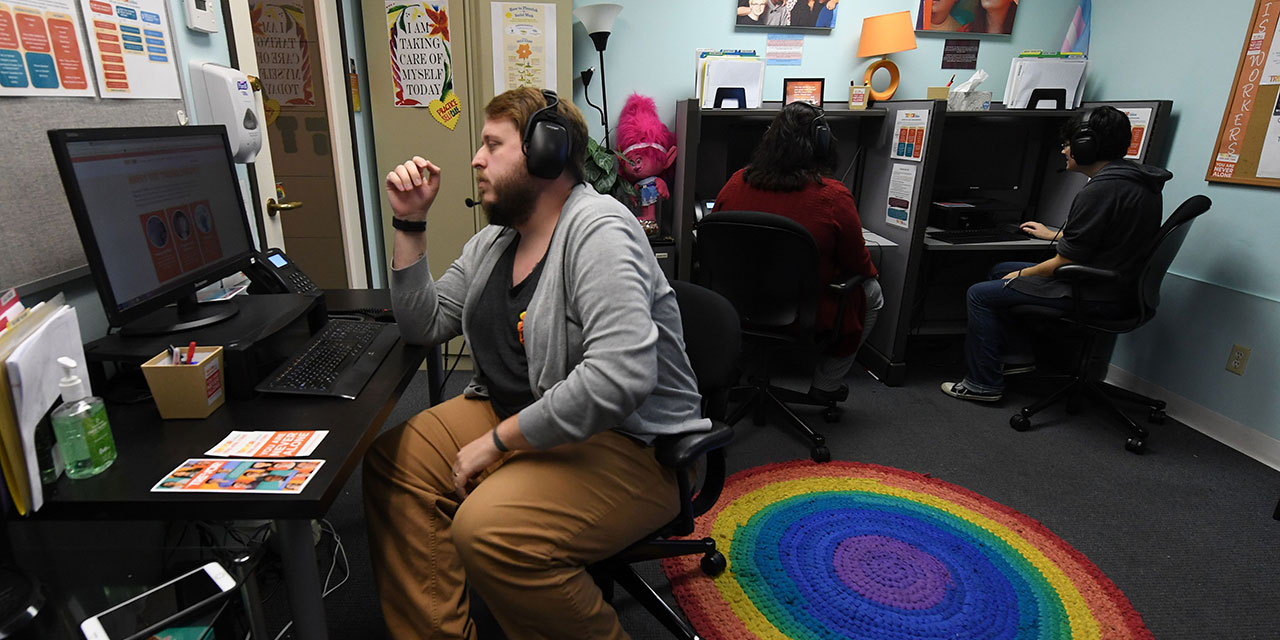The increasing politicization of American life has profound implications not only for social harmony but also for markets and the workplace. Polarization is changing office dynamics, as workers find it increasingly difficult to navigate religious and political issues on the job.
My recent article in the Journal of Economics, Management and Religion presents the results of a new, nationally representative Ipsos survey. The data illustrate a concerning trend: a large share of the American workforce is reticent to express personal views on social and political issues on the job, fearing repercussions that could stymie their career advancement. The survey found that roughly 42 percent of employees have withheld their opinions to protect their professional future, reflecting Americans’ deep-seated fear that self-expression could put their jobs in jeopardy.
Finally, a reason to check your email.
Sign up for our free newsletter today.
That anxiety may be tied to the surging number of instances of religious and political discrimination. Indeed, the Employment and Opportunity Commission reported a 73 percent rise in religious-based discrimination charges between 1992 and 2020. The reality behind that statistic—a potentially substantial increase in unjust discrimination against religious employees—may have contributed to workers’ growing unease.
The effects of discrimination and self-censorship in the workplace bleed into the labor market. Would-be employees are unlikely to want to work for an intolerant employer. Some 40 percent of survey respondents, for example, indicated that they are less likely to apply to a company they perceive as being hostile to their beliefs. Such perceptions can affect productivity, too, making current employees less loyal to their employers and potentially lowering worker engagement. The broader trend of workers being willing to relocate for jobs that more closely align with their moral and political compass—often for significantly lower pay—underscores a desire for personal integrity, and the extent to which many feel that their current workplace stifles this aim.
Widening polarization also affects consumer behavior. Many Americans are willing to change their consumption habits based on brands’ political and social stances. Fifty-six percent of survey respondents said that they are likely to cease purchasing from brands that oppose their values, with 30 percent claiming already to have done so. This indicates buyers’ desire to support companies with similar values and demonstrates the deep connection between political and social identity and consumer loyalty.
While companies may feel pressured to take stands on issues, the data suggest that companies should be wary, or at least aware, that many consumers will switch to competitors in response to political posturing. These results challenge companies to focus on delivering value. Businesses need to find a balance that respects diverse viewpoints without compromising their principles.
Photo: xavierarnau/E+ via Getty Images




